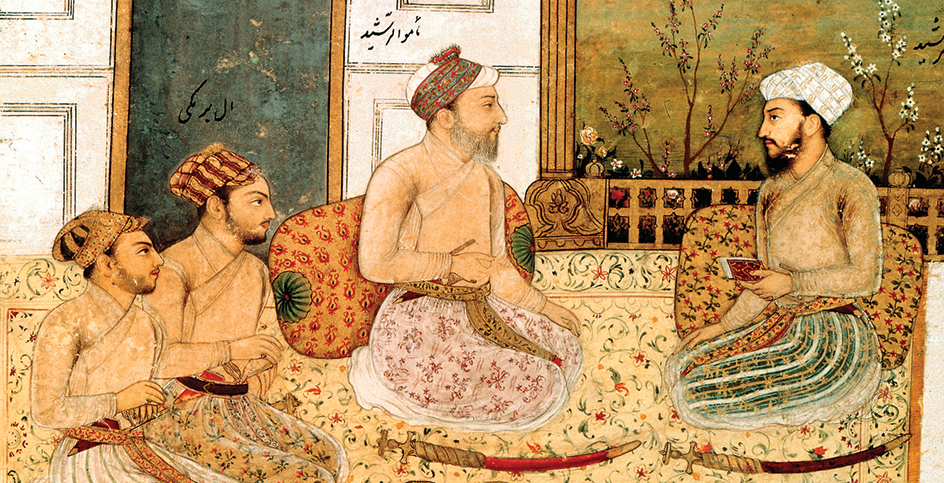Hārūn al-Rashīd << ha ROON al ra SHEED >> (766?-809) became the fifth Abbāsid caliph (ruler) of the Islamic Empire in A.D. 786. The Abbāsids were a dynasty descended from the Prophet Muhammad’s uncle al-Abbas ibn Abd al-Muttalib. Muhammad’s life and teachings form the basis of the Islamic religion.

Hārūn’s empire covered much of the Middle East, northern Africa, and Spain. Its capital was Baghdad, in what is now Iraq. Hārūn emphasized the religious role of the caliph, fought jihad (holy war) against the Byzantine Empire, and was a powerful military leader. Hārūn’s court was a center of art and intellectual life. Poetry flourished, and scholars translated scientific and philosophical texts from Greek and Persian to Arabic. Hārūn was not as tolerant of religious minorities as some earlier Abbāsid caliphs had been. He opposed the Shī`ah branch of Islam, which held that the caliph should come from the family of Muhammad’s cousin Alī.
Hārūn was born in 763 or 766 to the third Abbāsid caliph, al-Mahdi, and al-Mahdi’s favorite wife, al-Khayzuran. Harun rose to power through palace intrigue (plotting) with the help of his mother and his tutor.
In the later years of Hārūn’s reign, the Abbāsid central government became weak, and the empire began to disintegrate. Hārūn al-Rashīd died on March 24, 809. He divided his empire between two of his three sons. This led to conflict between them. Hārūn’s third son became governor of a district in Syria.
Hārūn was also a character in the Arabian Nights, also called The Thousand and One Nights, a famous collection of folk tales from the Middle East.
